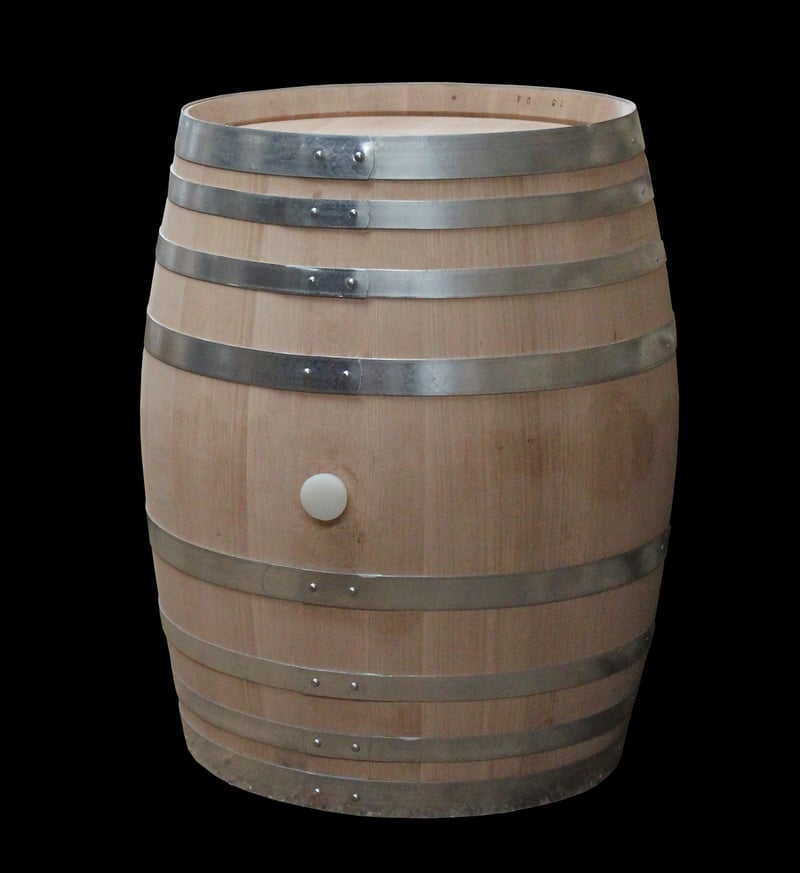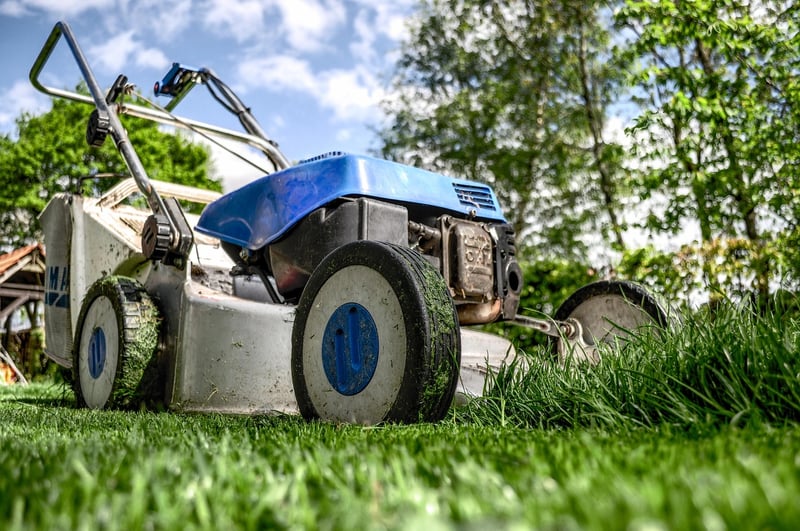Repurpose garden tools
Green Your Garden and Repurpose Garden Tools
Introduction
Welcome to our guide on how to make your garden more eco-friendly by incorporating green practices and repurposing your garden tools. By following these tips, you can create a sustainable and beautiful garden space while reducing your environmental impact.
1. Choose Native Plants
Native plants are well-adapted to your region's climate and soil conditions, requiring less water, fertilizer, and pesticides. They also provide food and habitat for local wildlife, promoting biodiversity in your garden.
2. Composting
Start a compost pile to recycle kitchen scraps, yard waste, and leaves into nutrient-rich soil for your garden. Composting reduces the amount of waste going to landfills and improves soil health naturally.
3. Use Rain Barrels
Collect rainwater in barrels to water your garden instead of relying on municipal water sources. Rainwater is free of chlorine and other chemicals, making it better for your plants and the environment.
4. Mulch and Drip Irrigation
Use mulch to retain moisture in the soil, reduce weed growth, and regulate soil temperature. Drip irrigation systems deliver water directly to plant roots, minimizing water waste through evaporation and runoff.
5. Repurpose Garden Tools
Instead of throwing away old or broken garden tools, consider repurposing them for new uses. An old shovel can become a decorative garden sign, while a rake can be turned into a tool organizer.
6. Upcycle Containers
Repurpose old containers such as buckets, cans, or jars as planters for your garden. Get creative with paint or decorations to give them a unique look while reducing waste.
Conclusion
By implementing these green practices and repurposing your garden tools, you can create a more sustainable and environmentally friendly garden. Not only will you reduce your carbon footprint, but you will also enjoy a beautiful and thriving outdoor space.




